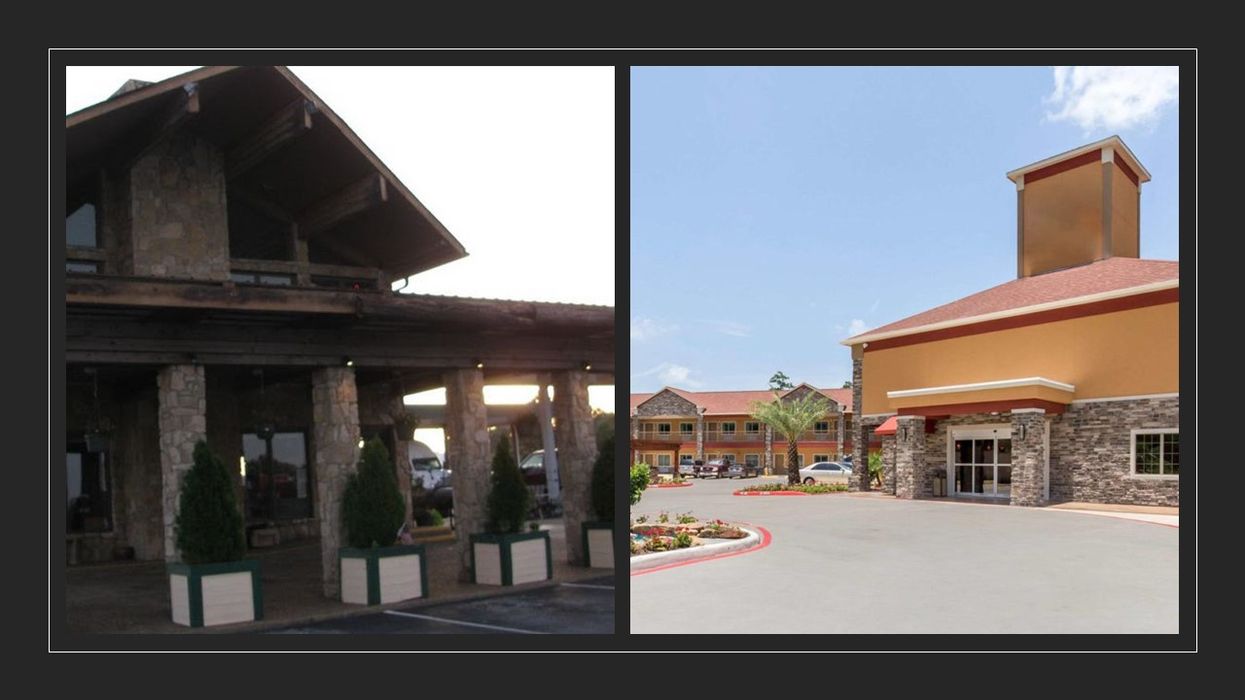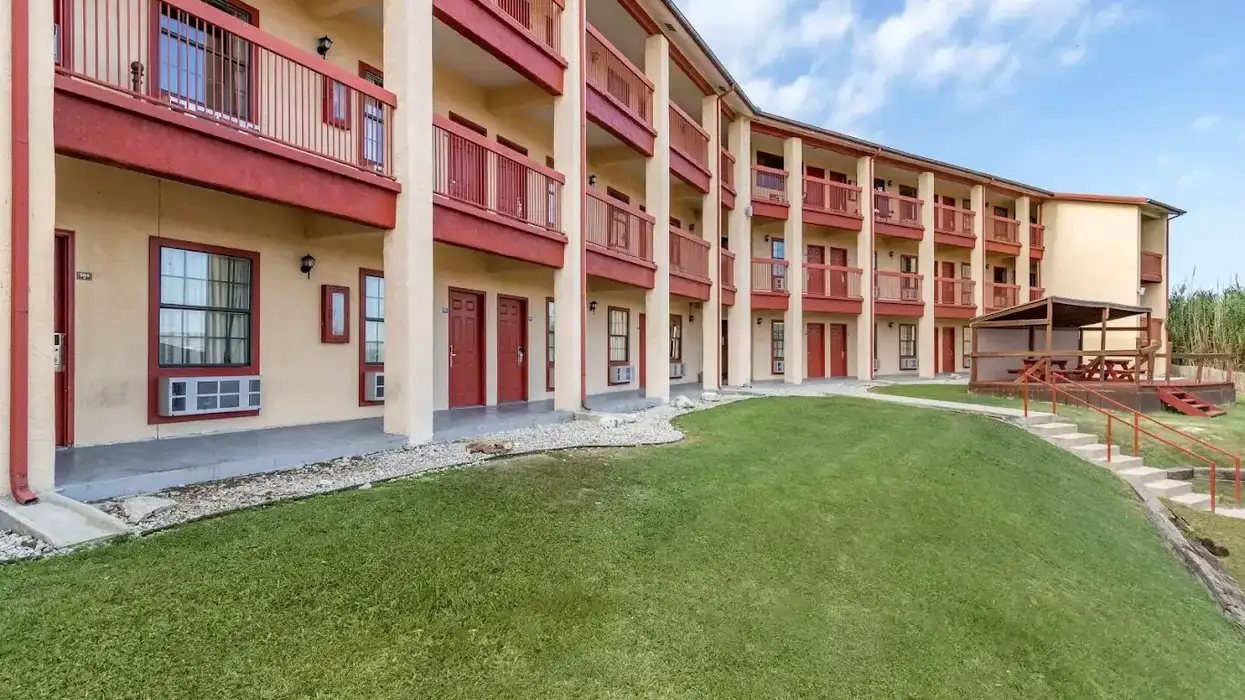SIX PROPERTIES SIGNED with hihotels by Hospitality International in the second quarter of the year, all under Asian American owners. The new hotels are in Texas, Indiana, Maryland, Oregon and Pennsylvania.
They join four other properties that, in the first quarter, joined hihotels’ five brands; Red Carpet Inn, Scottish Inns, Master Hosts Inns, Downtowner Inns and Passport Inn.
The new properties are:
- A Red Carpet Inn in Leavenworth, Indiana, owned by Katen Patel.
- A Red Carpet Inn in College Park, Maryland, former Econo Lodge, owned by Naginbhai Patel.
- A Red Carpet Inn in Lancaster, Pennsylvania, former Travelodge, owned by Mahendra Patel.
- A Red Carpet Inn in Lester, Pennsylvania, former Econo Lodge, owned by Vinod Patel/Bharat ‘Raj’ Naik/Arav Naik.
- A Scottish Inns in Ashland, Oregon, former Rodeway Inn, owned by Bharat Lad.
- A Scottish Inns & Suites in Spring, Texas, former Econo Lodge, owned by Ketan Rama.
“We have been working aggressively to expand the footprint of our brands through what I call smart growth,” said hihotels President & CEO Chris Guimbellot. “Instead of focusing on the sheer number of hotels in the system, we are focusing more on hotels that are in good locations, are high quality and have ownership that has a desire to work together to achieve success for both their property and their franchise system. These new additions are perfect examples and will help increase the value of the system in the long term.”
The new hotels join 18 properties throughout the U.S. added in 2020, most owned by Asian American hoteliers, as are the four added this year. More hoteliers are expressing interest in the brand, said Guimbellot.
“We provide the tools to help hoteliers maximize their ROI potential, such as the ‘Assurance & Marketing Program’ that delivers ongoing sales and marketing support and training right to your door,” he said.






